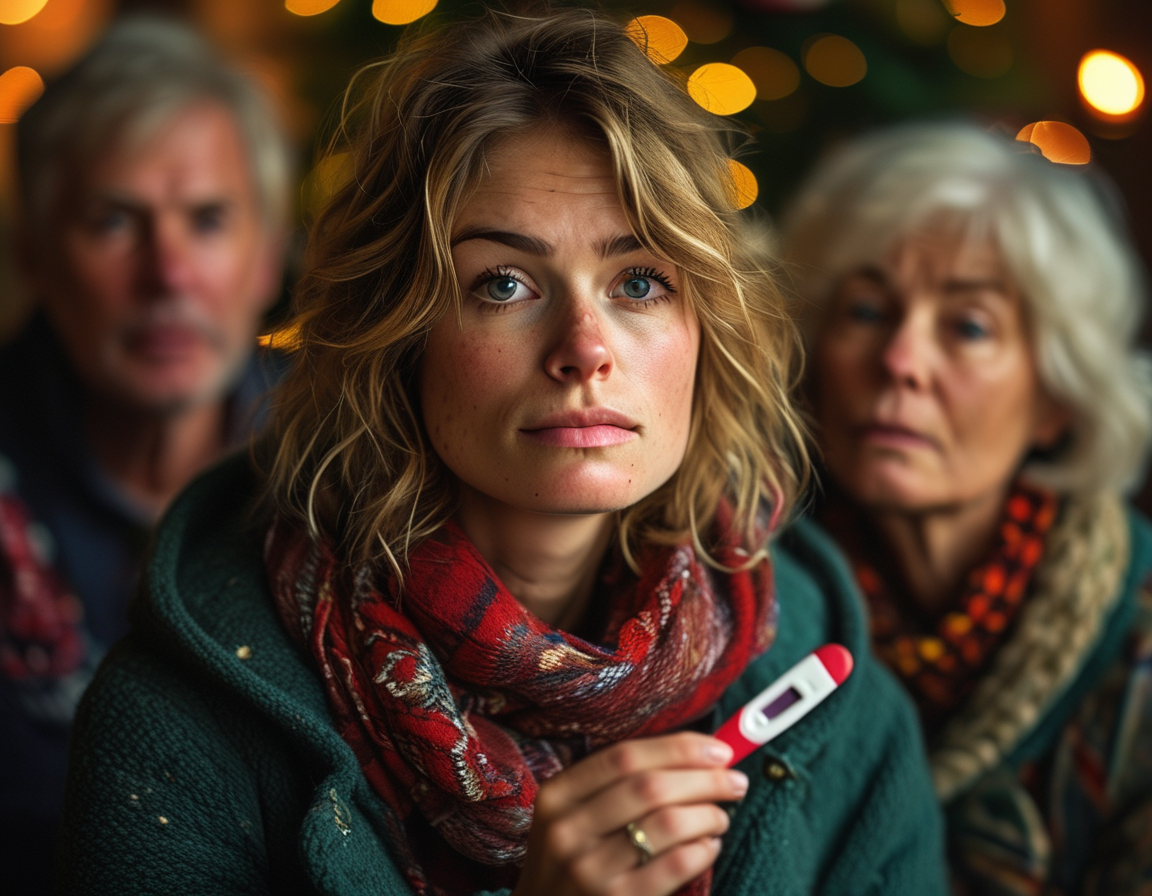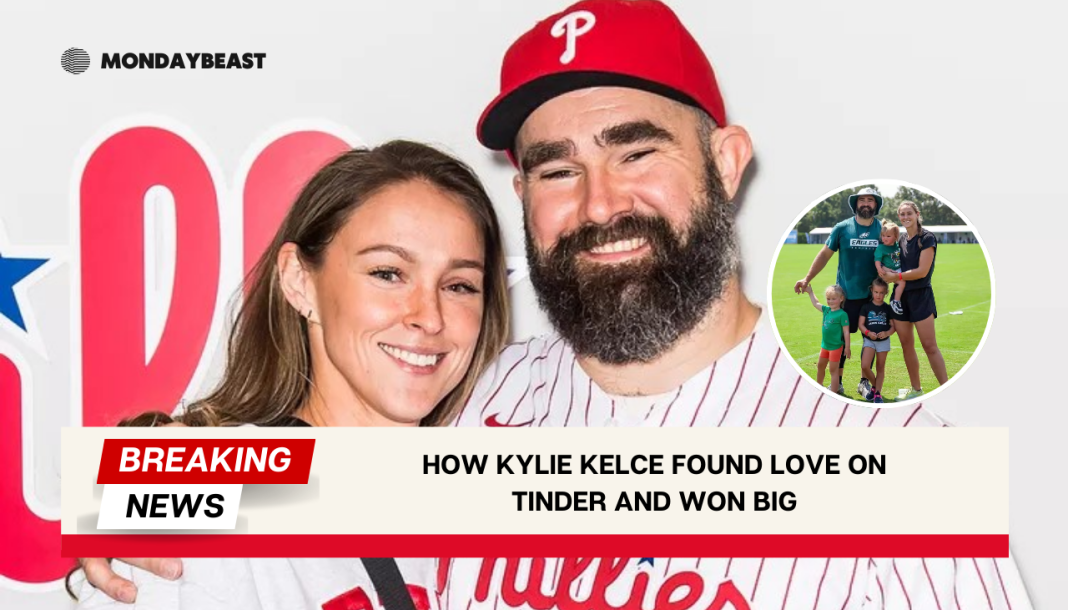Annie Knight’s recent revelation certainly raises eyebrows. Known as Australia’s most sexually active woman, she claims to have slept with over 600 men in just one year. This revelation leads to questions about safety, health, and personal choices in sex work. In a world where sexual freedom often clashes with societal norms, Knight’s story pulls us into a nuanced discussion.

What does it mean to be open about sexual encounters? Knight is no stranger to scrutiny. With her bold lifestyle choice, she walks a fine line between empowerment and controversy. Critics have arisen, questioning her methods and lifestyle. But what if this is simply a reflection of society’s struggle to accept sexual autonomy?
In a candid Instagram video, Knight documented her experience of taking a pregnancy test. The dramatic context? Christmas Eve. The emotional stakes were high. She expressed her fears, surrounded by loved ones. ‘It’s either a Christmas miracle or I don’t know,’ she confesses. Her audience could feel the tension in the room. Had her adventurous choices led to a life-changing moment?

Fortunately for Knight, the test came back negative. A wave of relief washed over her. ‘I’m baby-free! Now we can really celebrate,’ she exclaimed. This reaction sparked both joy and more criticism. Those watching were divided. Some celebrated her news, while others were quick to question her lifestyle.
One viewer’s comment stood out: ‘But you said you use protection.’ This highlights a crucial point. The conversation around safety in sexual encounters should be central to discussions about sex work. How often do we engage in these discussions openly? Knight herself remarked on the stigma she faces. “People have these preconceived ideas about sex work,” she said. Her choice to discuss these experiences openly challenges outdated views.

Knight has plans to intensify her sexual conquests this year. Her goal? To sleep with 1,000 people. A vast number indeed. This reality could evoke different reactions. Some may view it as irresponsible, while others might see it as a form of sexual empowerment. Shouldn’t individuals decide their own paths?
Interestingly, her intention to seek out virgins raises questions about societal perceptions. Knight argues that many adults, regardless of age, remain uninitiated. This could be a controversial topic, but it sheds light on societal barriers regarding sexual intimacy. Are we not allowing people to explore their sexuality safely?
As the dialogue continues, Knight remains resolute. She wishes to normalize open conversations about sexual health and freedom. Yet, as the public debates her choices, it’s worth contemplating: Is this a matter of personal choice or a moral dilemma? Her story persists in shining a light on broader discussions about sex work, empowerment, and personal agency.
Annie Knight’s journey is emblematic of the complicated tapestry of societal expectations versus personal desires. Ultimately, her narrative invites us to rethink what we perceive as acceptable. Can we move past judgment and embrace open discussions about sexual freedom? Only time will tell how this ongoing conversation evolves.




